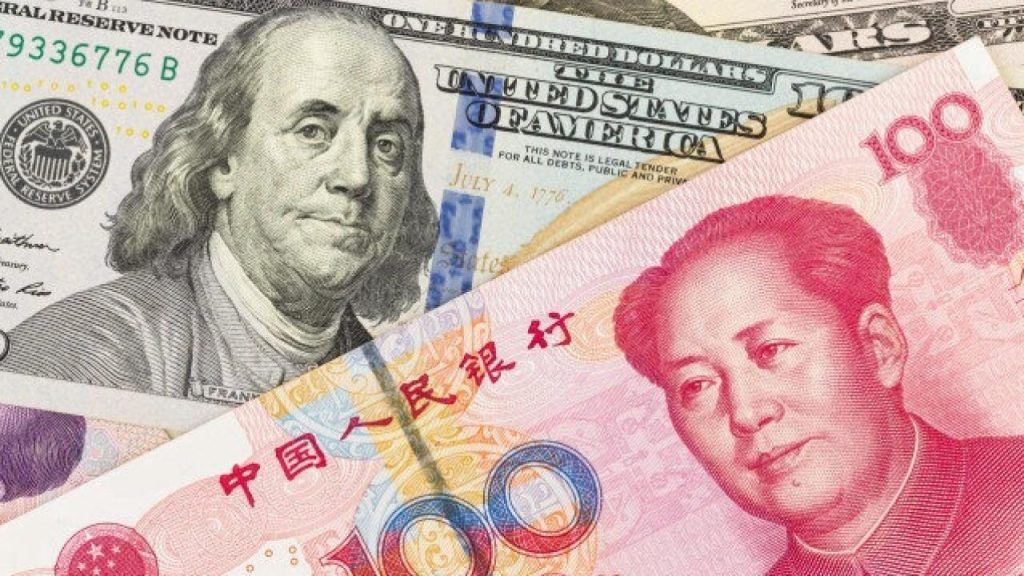
In another example of the de-dollarization pursued by the BRICS countries, Bangladesh is paying its nuclear power plant loan to Russia in Chinese yuan. Moreover, the country is paying the equivalent of about 318 million US dollars in renminbi for the loan payment.
Western sanctions against Russia have made it impossible for Bangladesh to pay in dollars. On the other hand, this development follows US Treasury Secretary Yellen’s earlier statement that the sanctions could damage the US dollar.
De-Dollarization on Display in New Bangladesh-Russia Deal
In recent weeks, the desire of the BRICS countries to reduce their dependence on the US dollar has become more evident. This process was epitomized by Bangladesh’s payment of its nuclear power plant loan to Russia in Chinese yuan.
Business Insider reports that this story is one of the most striking examples of de-dollarization. Specifically, Bangladesh agreed to pay Russia for the nuclear power plant loan in Chinese yuan, equivalent to about 318 US dollars. In return, no transactions were made in US dollars due to the sanctions imposed on Moscow.

Alternatively, sanctions have been imposed in the context of Russia’s war in Ukraine. But the US dollar remains the dominant currency in international transactions.
Prior to this agreement, Russia was reportedly opposed to payments in yuan. This was mainly because of the potential losses that could arise if it insisted on payment in rubles. But the loan will now officially be paid in Chinese currency.
The payment is also a partial repayment of Moscow’s $12 billion loan to the South Asian country. The loan will also help finance the construction of a nuclear power plant near the capital Dhaka.





